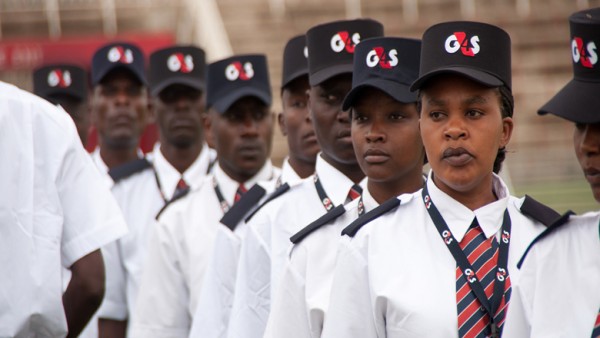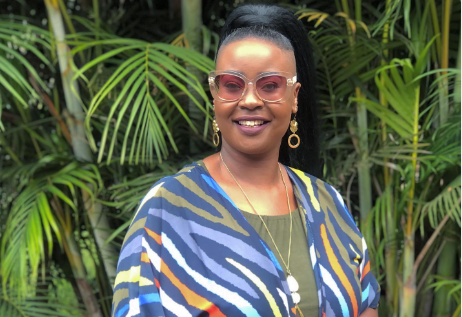Manji Biscuits has over the decades managed to achieve the position of market leader in the industry and the popularity of the brand goes beyond the frontiers of Kenya extending into Uganda, Tanzania and Rwanda.
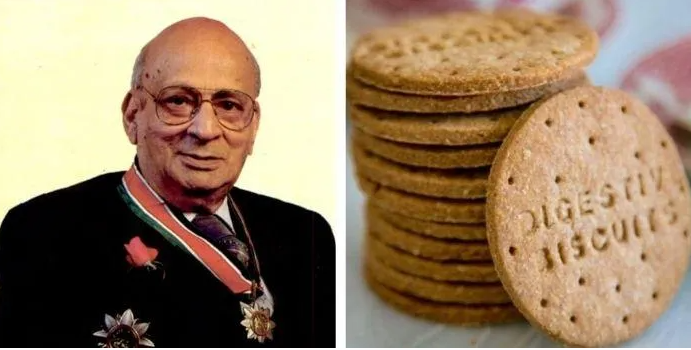
The brand has prestigious products that have stood the test of time and some have been acclaimed by winning international awards.
History
House of Manji had humble beginnings as a bakery in Ngara, manufacturing bread. The business flourished for quite some time until wheat rationing during World War II and proliferation of similar businesses made business more and more difficult to run and the founder saw a niche in the market for biscuits and thus House of Manji was born.
The HOM was set up in Industrial Area and was officially inaugurated by none other than the governor of Kenya Sir Evelyn Baring during a colorful and extravagant ceremony.
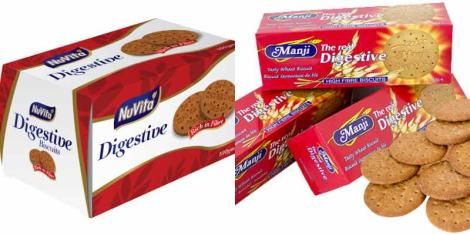
Manji grew in lips and bounds to become a household name greatly enjoyed in Kenya and the East Africa region. The “Family” and “Marie” biscuits went on to win the prestigious La Monde selection gold medal awards in Brussels, Belgium.
Under the new proprietors Manji Food Industries Limited who took over the mantle from November 2002 under the chairmanship of Dr HP Dawda the company regained its prominent position to date.
Founder
As Madatally Manji, an Indian immigrant born in 1918, opted to venture into hawking at Karatina Market, little did he know that his decision would propel him to become one of the biggest entrepreneurs in the country’s history.
With the urge of making more money to add to his daily allowance of five cents, Manji discovered that he would capitalise on the needs of traders who were ever busy in the Nyeri County market.
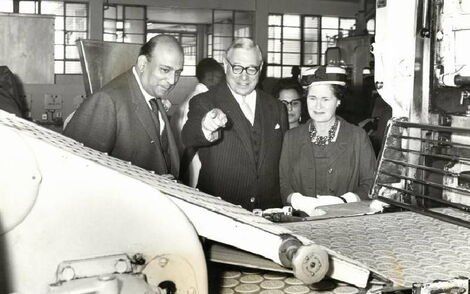
In his autobiography written in 1995, Manji documented how he discovered that the traders were unable to get supplies for their stalls as they were always held up in the ever-busy market on Tuesdays.
“The farmers and traders were so busy at the market selling wares that they had no time to go to the stores in Karatina to make their own purchases. I decided that I could sell them some of the things they would require at the stores and shops without having to leave the marketplace.”
“I decided that on market days, I would utilise the two-hour lunch break we had from school, between 12 noon and 2pm to embark on my small business activities,” he documented.
After his schooling, Manji tried out his entrepreneurial skills working at various business outlets in Nyeri and Nairobi. His desire to have his own business led him to venture into the pastry industry.
In 1941, Manji bought the Ngara Bakery at a cost of Ksh10,000. At the time, the business tycoon realised that there would be a demand for bread given that some Kenyans were taking part in World War II (1939-1945).
“It dawned on me that when the thousands of Africans were discharged and returned home they would prefer to eat bread as well as traditional foods like maize meal,” Manji documented.
To beat the demand, the entrepreneur decided to expand his bakery. However, he noted that the expansion would not help him beat the increasing demand for bread within Nairobi.
It is with this in mind that he decided to start the process of purchasing land along Haile Selassie Avenue where he later built the Whitehouse Bakery.
“I assessed the situation and decided that I would be foolhardy if I did not exploit the opportunity opening up of unprecedented demand for bread by establishing a modern bakery as soon as the war was over,” Manji stated.
Despite the many challenges he faced such as the restrictions of certain ingredients such a wheat flour, which was only planted by white settlers at the time, Manji used his wits to find suitable solutions to make his biscuits known for their dark brown look.
His brown biscuits got positive feedback that eleven other bakeries in Nairobi copied his recipe.
“I bought some jaggery (brown sugar) from Kisumu and brought it back with me to Nairobi where we began experimenting with it for biscuit making. We made some biscuits for the army canteens.
“They found them very appetizing, despite the fact that they were darkish brown and quite unlike the biscuits they were used to. We went into production full throttle,” he stated.
Additionally, his biscuits got international attraction that London-based newspaper, The Sunday Time, referred to him as the biscuit baron.
Due to the growth of his business, the billionaire moved to Nairobi’s industrial area in 1953 to establish the House of Manji which still remains to be a business empire to date. The company still produces Manji biscuits and the popular multibix.
Besides his busy entrepreneurial life, Manji married the love of his life, Fatima Hajee, at the age of 22 years in 1940 and had three children namely Julie Zulekha, Salim Manji, and Firoze.
After serving the business world for over 60 years, the father of three passed on September 9, 2006.













